Information on Plant Sterols
Plant sterol products are very popular because of their ability to decrease the levels of bad cholesterol in the blood and increase the levels of good cholesterol in the blood. They were discovered in 1922, but it was not until the 1950s that the scientists became aware of their beneficial properties.
Vegetables and fruits may provide some amounts of sterols but in order to fight the elevated levels of cholesterol, one must ingest a lot more plant sterols, most likely in the form of supplements and certain types of food items fortified with plant sterol extracts. A recommended daily dose usually depends on the type of product consumed and the daily intake should never be over 2 grams of plant sterols in any form.

Side Effects of Plant Sterols
The most common side effects which may or may not be associated with the consumption of plant sterols in any form include heartburn, nausea, diarrhea and indigestion. Most people usually tolerate well all different sorts of plant sterol products but they still may trigger certain side effects in some cases.
Side effects of plant sterol may also be connected to the fact that certain products may also contain other sorts of medicaments, herbal remedies, or dietary supplements. Other minor side effects of plant sterol may also include a decreased sex drive and erectile dysfunction in men.
- Phytosterols are therefore considered safe and effective for use as functional food ingredients. On the other hand, some studies have described changes in plasma anti-oxidant concentrations and a lower absorption of beta carotenes associated to the consumption of phytosterols has been reported, although the bioavailability of liposoluble vitamins A, D and E did not appear to be significantly changed.
- To minimise the possible decrease in plasma carotene levels associated to the consumption of sterols or stanols, the daily diet should include vegetables and fruits. The possible implications for health are considered to be minimal and adverse results are not expected.
- However, a conservative attitude is recommendable when prescribing for pregnant women, breast-feeding infants and small children. In the European Union, the Scientific Committee on Food has authorised the marketing of phytosterol-enriched margarines, considering their use at levels of up to 8% of free phytosterols, equivalent to 14% of esterified phytosterol, per 100 g of margarine is safe for human use.
- Although there are some data on the possible atherogenic effect of the phytosterols, different studies conducted in animal models and humans have demonstrated a reduction in the atheromatous plaque after the administration of plant sterols. In animals a decrease in the half life of erythrocytes and an increase in their fragility have been observed.
- The implications of these animal studies for humans are unknown, although De Jong et al. did not observe any changes in the osmotic fragility of the erythrocyte membranes after phytosterol consumption.
Plant sterols are known for having certain negative effects on testosterone and dihydrotestosterone, which are very important male hormones. Those side effects of plant sterols that affect one’s sexual life can sometimes be compared to the side effects which are commonly associated with certain types of prescription medicaments used for the treatment of hair loss and enlarged prostate.
Plant sterols and all different kinds of products are usually not affiliated with any serious types of side effects. Any type of supplement or medication may trigger some sort of allergic reaction, and the same can be said for plant sterols in natural or supplemental form.
The symptoms of such allergic reactions commonly include skin rash, difficulty breathing, itching, wheezing, hives, swollen throat and swollen mouth. The occurrence of serious side effects of plant sterols may also be triggered by medicaments, herbs or dietary supplements which are commonly contained in most plant sterol products.


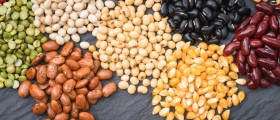
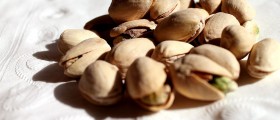





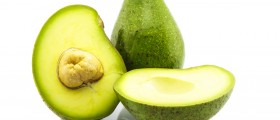

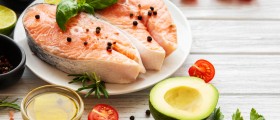
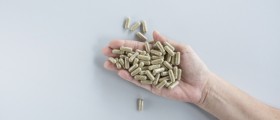
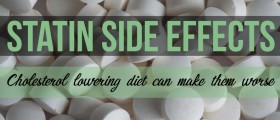
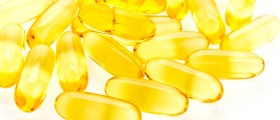


Your thoughts on this
Loading...